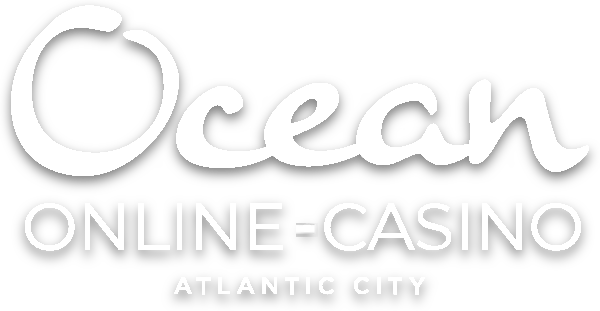A set of guidelines recently issued by the Curaçao’s Gaming Control Board requires applicants for gaming licenses to register by 31 March 2024 to align with both the current and the incoming legislation. After the given deadline, the license applications under the current NOOGH gaming law will no longer be available, while the current passage of the LOK legislation through Curacao’s Parliament is reportedly set to exclusively regulate the licensing process beyond the 31 March deadline. As reported by iGB, the new legislation will include the Curacao Gaming Authority (CGA) as the regulatory body governing the licensing procedure in the jurisdiction.
31 March Deadline for Licensee Registrations:
The same source reports that, as of 31 March 2024, the currently applicable legislation, National Ordinance on Offshore Games of Hazard (NOOGH), will be superseded by the incoming National Ordinance for Games of Chance (LOK) legislation. Therefore the Gaming Board reportedly requires all gaming operators to register by this date as applications for direct licenses and registrations for sub-licenses will reportedly not be available under the NOOGH legislation after the said deadline. As reported, the complete licensing procedure will be handled by the Gaming Control Board under the LOK legislation after 31 March.
As reported by iGB, the Gaming Control Board (GCB) issued the guidelines on 13 March to detail the license application process and the required submissions. The applications will reportedly be classified into three forms requesting information on online gaming application, personal details, and corporate information. As reported, the failure to submit any of the required documents shall indicate the measures taken to obtain these.
LOK Legislation to Govern Licensing Process:
As reported, gaming license holders are required to register their sub-licensees by the given deadline, while the independent operators shall wait for the LOK to come into force to trigger their registration processes, i.e., after 31 March. It means that the current licensees have to register with the GCB by 31 March to be eligible to extend their licenses and sub-licenses regardless of the validity of their current licenses issued under the NOOGH legislation. Also, all future licenses will be governed by the LOK legislation, while the GCB will be exclusively authorized for license issuance and extensions.
Cedric Pietersz, managing director of the GCB reportedly explained the 31 March milestone as follows: “Imagine that you have a sub-licence of a master licence holder, whose licence expires on 31 August. That means if you don’t apply and it’s 31 March, you can continue operating on your licenc lodi291 e.But after 31 August, which is the date of the expiration of your master licence, you will be operating illegally because you don’t have a sub-licence and you don’t have a licence from the Gaming Control Board.”
Pietersz also explained the effect of LOK using the following example: If the LOK is passed in June, an operator that failed to register before 31 March will be in breech from that date in June. “Why? Because the law has passed and then the master license agreement is not enforced anymore,” he reportedly said.
New Legislation to Drive Market Legalization:
As iGB reports, the procedure to implement the LOK has been running since September 2023 when the GCB made the application process available online. The registrations has started from 1 November, while the new legislation is expected to pass the Parliament and be signed into law. iGB reports that Curacao lawmakers expect that the LOK will propel a series of legal gaming operations in the region to strengthen its AML and KYC procedures and enhance the region’s international reputation.


